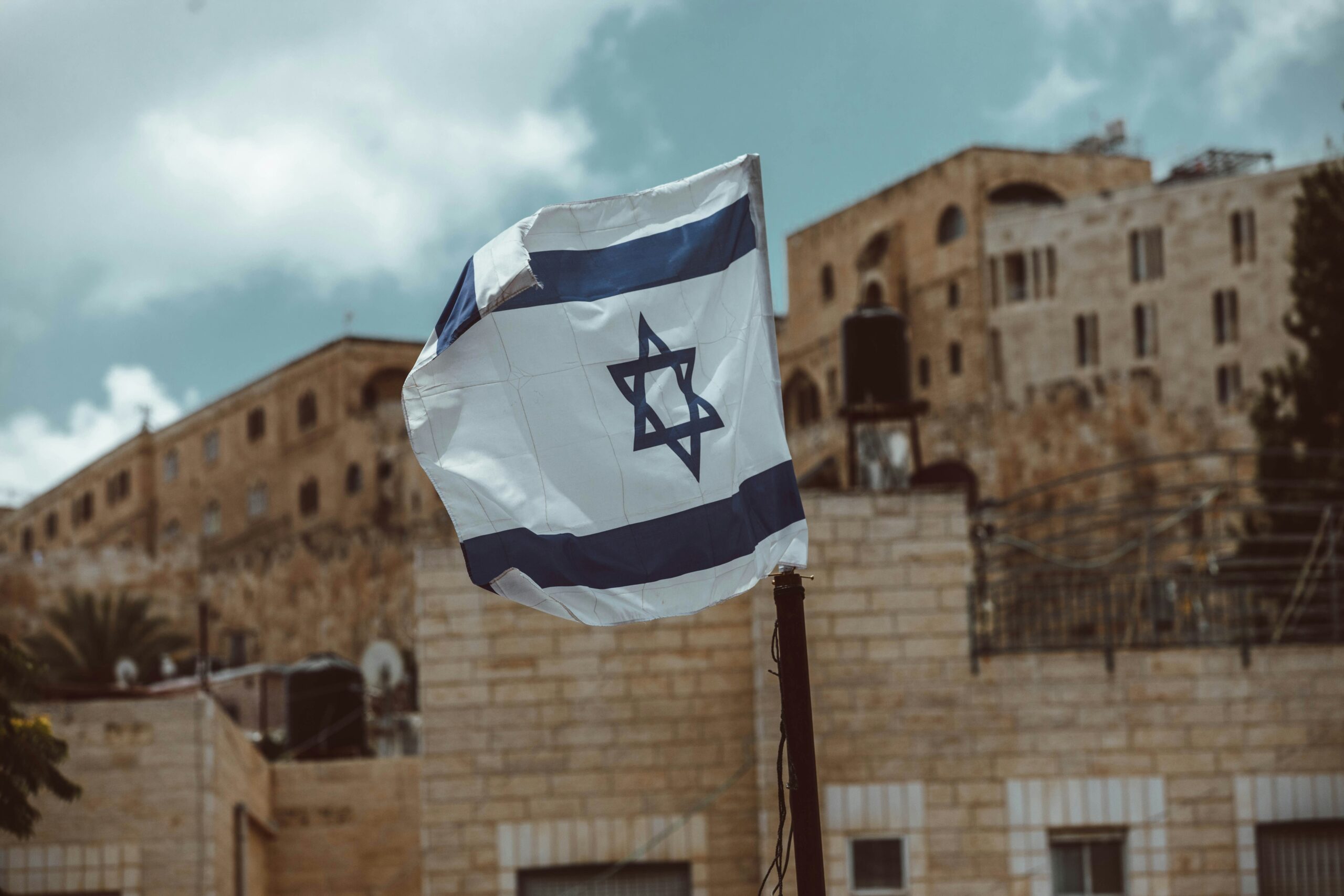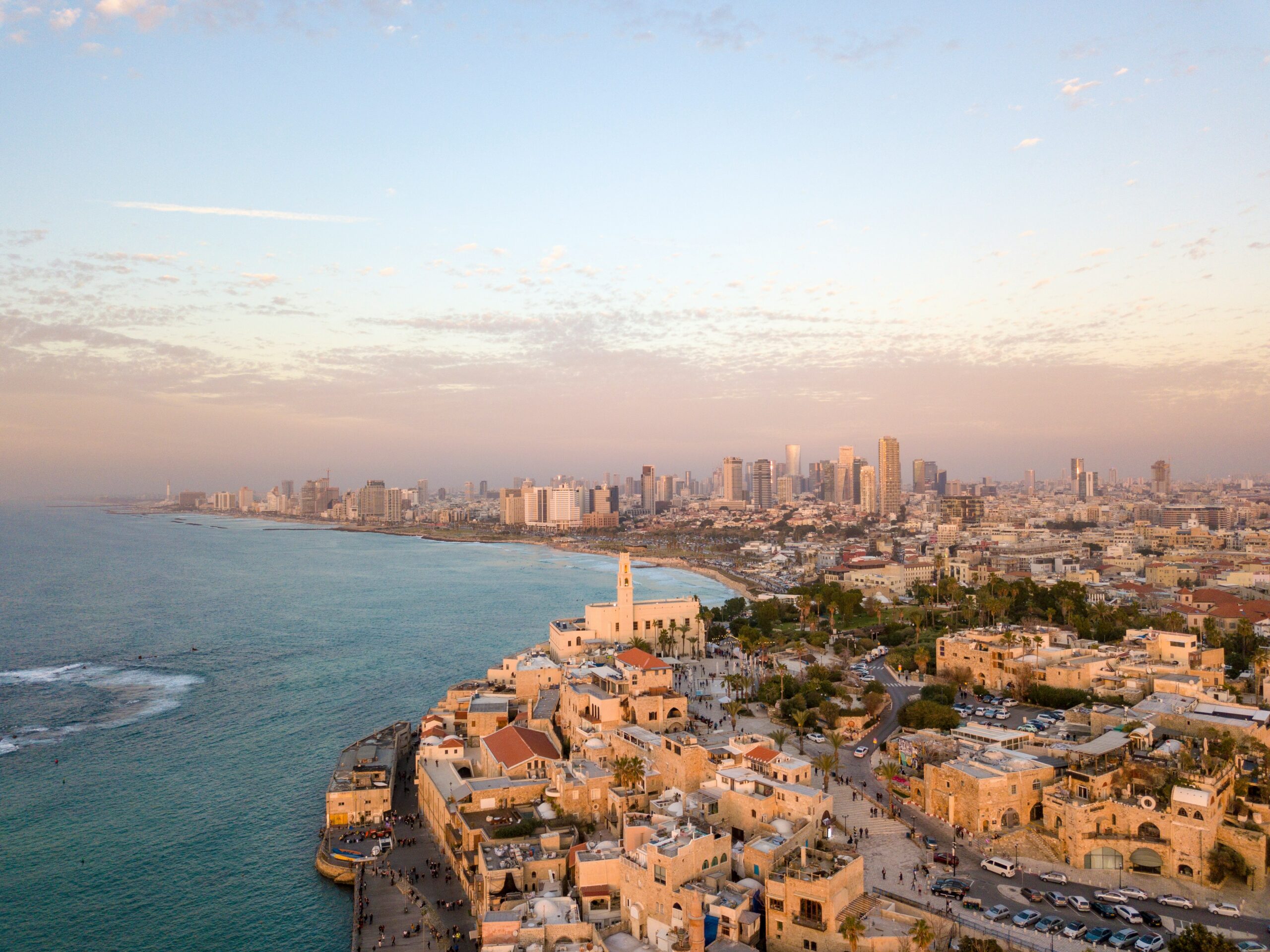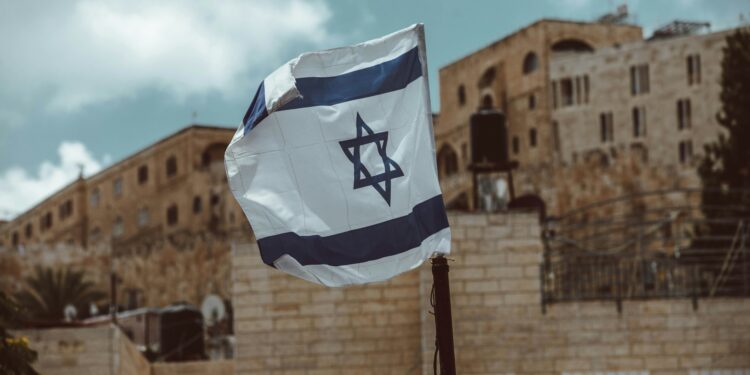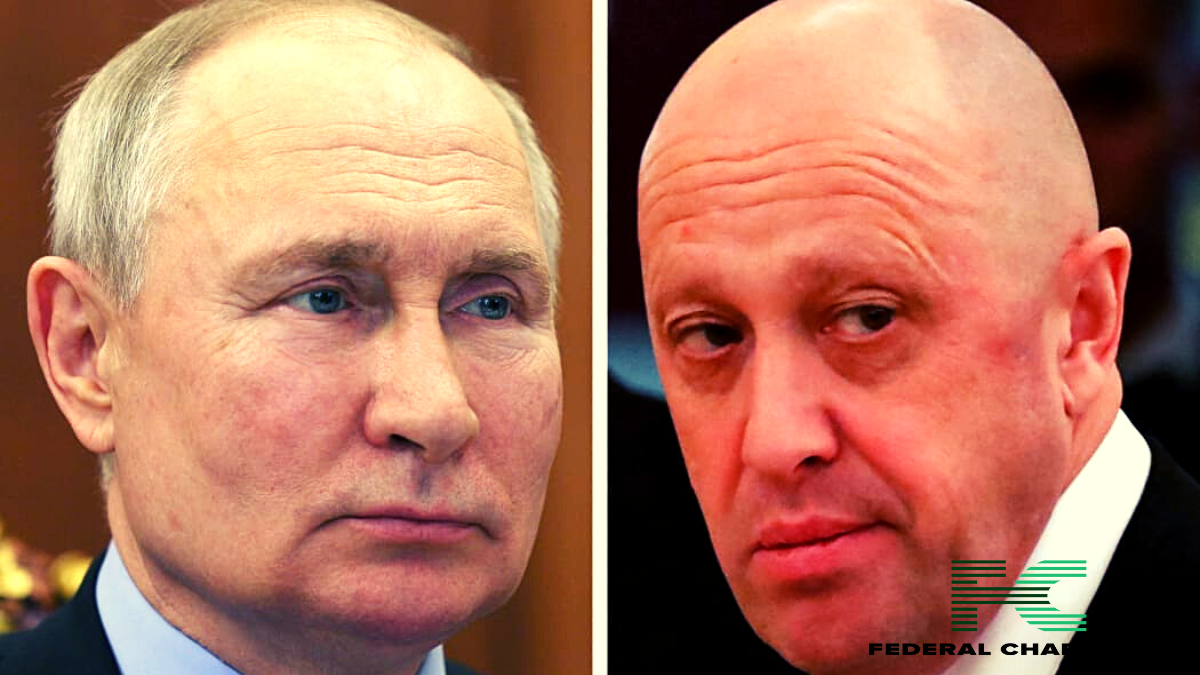The head of Israel’s largest labor union, Arnon Bar-David, has called for a general strike to demand the return of Israeli hostages still held by Hamas in Gaza.
The call, which has the backing of Israel’s main manufacturers and high-tech entrepreneurs, highlights the depth of public outrage over the government’s handling of the hostage situation. Bar-David, whose Histadrut union represents hundreds of thousands of workers, isn’t mincing words. He’s essentially saying, “Enough is enough,” and calling for action that cuts deep into the heart of the nation’s economy.

The Big Guns Come Out
This isn’t just another protest. When you have the head of Israel’s Manufacturers’ Association and other high-profile figures throwing their weight behind the strike, you know the situation is serious. Ron Tomer, the association’s head, blasted the government for failing its “moral duty” to secure the hostages’ return. According to him, without a resolution, Israel can kiss any hope of societal or economic recovery goodbye.

Government Criticized for Inaction Amidst Mounting Tensions
And let’s not forget the catalyst for this outrage, the deaths of six hostages, whose bodies were recently recovered from a tunnel in southern Gaza. Israeli authorities say they were killed shortly before troops reached them, sparking even more fury among the Israeli public. Netanyahu’s government is now under intense scrutiny, not only for its failure to bring these hostages home but for the very real possibility that more could meet the same fate.

A Country Paralyzed: Strike Action Sweeps Through Israel
With the planned strike, everyday life in Israel is set to come to a halt. Ben Gurion Airport, the country’s main gateway to the world, will be closed. Municipal services in Tel Aviv, the bustling economic hub, will be shuttered. It’s a clear message: the people are willing to stop everything to bring their loved ones back. The Hostages Families Forum, representing those still held in Gaza, blames Netanyahu directly, saying, “We are getting body bags instead of a deal.”
Protests have already erupted across the nation, with thousands blocking roads in Jerusalem and Tel Aviv, and gathering outside Netanyahu’s residence. The anger is palpable, with protestors wielding flags bearing the images of the deceased. Social media is ablaze with calls to action, urging Israelis to “shut down the country until everyone returns.”

A Nation’s Shame: Government’s Resistance to Deal with Hamas
Despite the growing public pressure, Netanyahu and his allies are standing firm against any hostage deal that involves releasing Hamas militants from Israeli prisons. They seem to believe that making a deal would only strengthen Hamas, even as families of the hostages plead for any means necessary to bring their loved ones home.
Heartbreak and Defiance
The emotion on the ground is raw. Shiri Elbag, whose daughter is still in Gaza, says she’s touched by the protestors but heartbroken that it took this tragedy to galvanize them. “It’s his responsibility and his job to bring them home,” she said, directing her plea to Netanyahu.
In the end, this isn’t just about politics or policy. It’s about lives on the line and a nation demanding accountability. And unless the government acts fast, the protests will only grow louder, and the strikes more crippling, in a desperate bid to bring those hostages home.

















